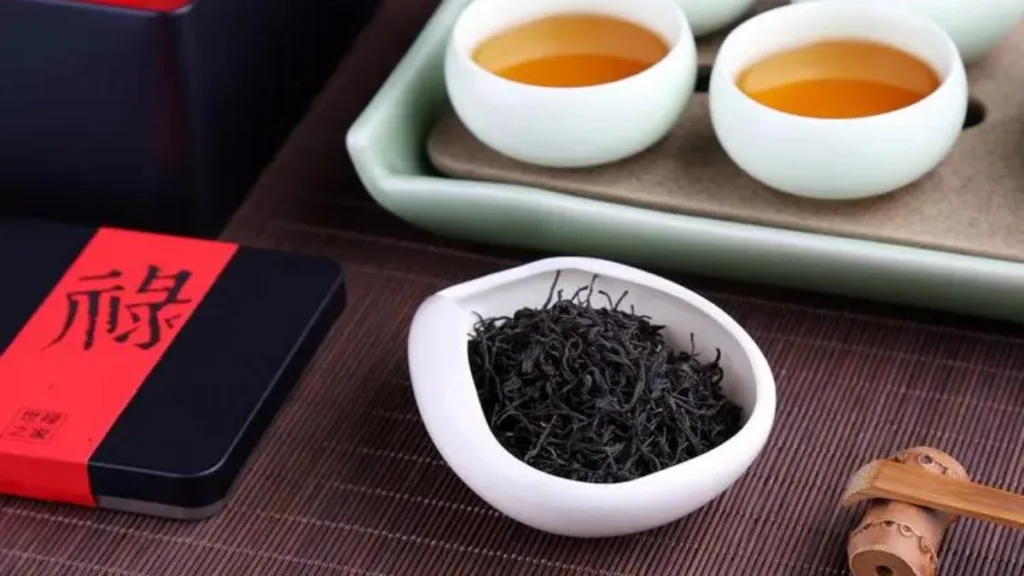Tea consumption is a prevalent habit in many countries worldwide, and the leaves of tea plants contain a plethora of essential nutrients for the human body. Among the various types of tea, black tea, also known as red tea in some cultures, stands out as a fully fermented variety with unique qualities and flavors. Rich in vitamins and minerals, black tea has garnered attention for its potential benefits to the immune system. This article explores the question: Is black tea good for your immune system?
The Immune-Boosting Properties of Black Tea:
- Enhancing Immunity: Black tea contains a wealth of nutrients, including tea polyphenols and vitamin C, which exhibit potent antioxidant properties. These compounds aid the body in resisting diseases and play a crucial role in bolstering the immune system. Particularly beneficial for individuals with compromised immune function, regular consumption of black tea can significantly contribute to overall well-being. The immune system comprises both blood and intestinal immunity, and black tea has been shown to enhance both, with additional benefits on blood circulation.
- Preventing Cardiovascular Diseases: The tea polyphenols present in black tea contribute to lowering blood lipid levels, reducing blood pressure, and preventing arterial hardening, thereby promoting cardiovascular health. Regular intake of black tea can be seen as a preventive measure against various heart-related issues.
- Facilitating Digestion: The tea polyphenols in black tea stimulate gastrointestinal peristalsis, aiding digestion and alleviating issues such as indigestion. This digestive benefit adds to the overall positive impact on health.
- Refreshing the Mind: Black tea contains caffeine and theanine, which contribute to heightened alertness, improved attention, and enhanced cognitive abilities. The refreshing nature of black tea makes it an excellent choice for those seeking a natural way to stay focused and energized.
- Reducing Bad Breath: Polyphenolic compounds in black tea inhibit the growth of oral bacteria, reducing problems associated with bad breath. This oral health benefit adds to the holistic advantages of incorporating black tea into one’s routine.
Moderation and Considerations:
While black tea offers numerous health benefits, it is essential to consume it in moderation to avoid potential negative effects. Excessive intake may lead to issues such as insomnia and palpitations. Experts recommend a daily consumption of 3-4 cups of black tea for optimal health benefits. Pregnant women and children, however, are advised to limit or avoid black tea consumption.
Additionally, black tea contains substances like caffeine, aromatic compounds, and their oxidized products, which can dilate blood vessels and promote blood circulation. These properties stimulate kidney secretion of renin, regulating physiological functions. Studies suggest that regular consumption of black tea may have therapeutic effects on individuals with diabetes.
The polyphenols, sugars, and caffeine in black tea can stimulate gastric mucosa, inhibit cholesterol oxidation in the body, reduce the absorption of certain drugs, and enhance intestinal motility, improving overall gastrointestinal function.
In conclusion, research indicates that regular consumption of black tea can contribute significantly to maintaining good health. Its rich content of polyphenols, sugars, caffeine, and other beneficial compounds makes it a valuable addition to a balanced diet, offering a diverse range of advantages beyond just immune system support. As with any dietary habit, moderation is key, and individuals should be mindful of their unique health conditions when incorporating black tea into their daily routines.



